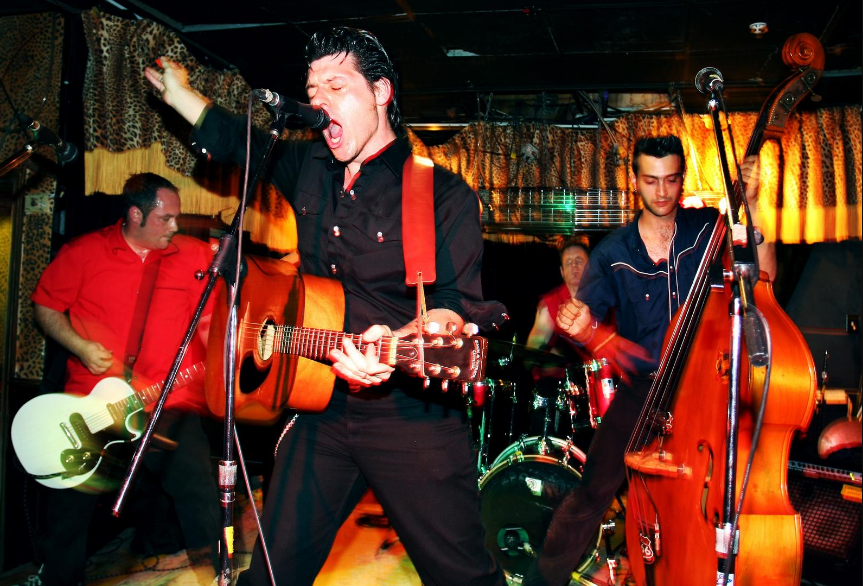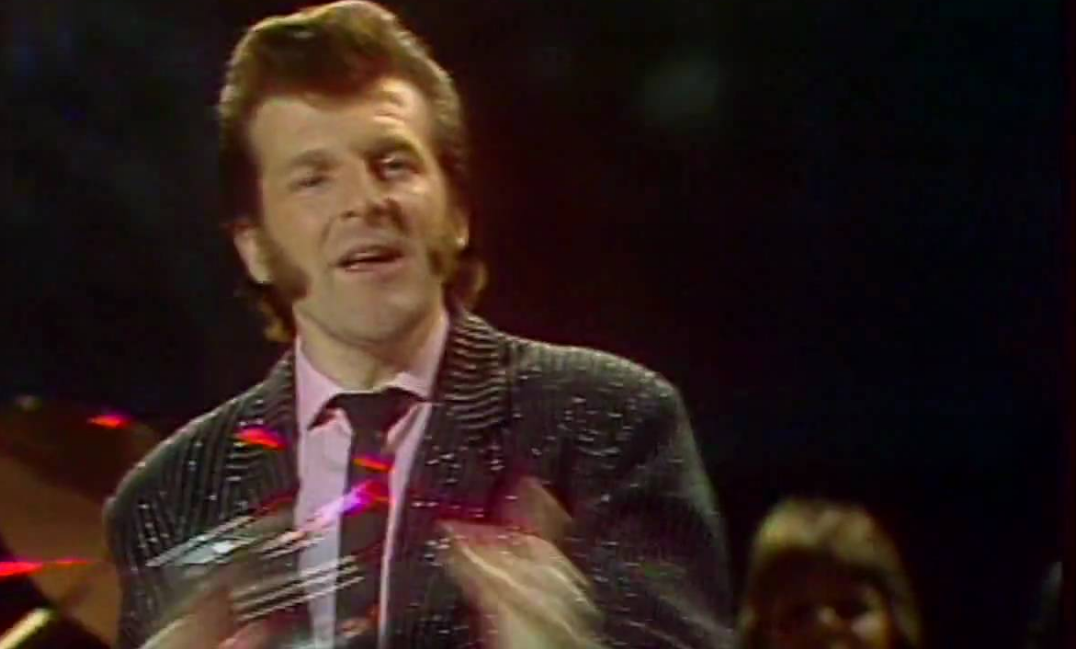Roger was born in Surbiton, London on 23rd October 1943. Roger Scott developed a love of early rock & roll music. As a teenager, he began playing records out of the window of his suburban London home and watching the reaction of passers-by to the music and also by listening to music on Radio Luxemburg.
His Father, Derek, was a musician, who had appeared on stage as part of a double-act with comedian, Tony Hancock as half of “Hank & Scott.”
After a brief time as a merchant seaman, Scott found
his way to the United States and joined the radio station WPTR in Albany, New York in 1966. Scott’s job, based on his British accent, was to be ‘friend of the Beatles’, and he learned the craft of the disc jockey, working with Boom Boom Brannigan and other legendary names at the station.

Anticipating the launch of legal land-based commercial radio, Scott returned to the UK in 1971, only to find the introduction was not as advanced as he had anticipated. Meanwhile he secured a position at UBN, a closed-circuit station broadcasting music to all the United Biscuits factories nationwide. It was about this time he also had a brief stint on BBC Radio 1 but, anticipating a future in commercial radio, he did so under the pseudonym ‘Bob Baker‘.
Commercial radio was finally authorized at the end of 1972, and in 1973 he joined the original on-air line-up of London’s Capital Radio. Scott’s afternoon drive-time shows became immensely popular with Londoners, generating such landmark features as the ‘Three O’Clock Thrill‘ and the daily ‘Hitline‘, together with the jingle ‘Grab a little piece of heaven’ by David Dundas. In 1976 his regular Friday rush-hour oldies show “Cruising” acquired a cult following, largely owing to his introduction of obscure rock-a-billy records to his London audience for the first time.
In the late 80s, Capital decided to split their frequencies at the weekend with it’s 95.8 FM frequency dedicated to adult oriented rock. It’s called this service, CFM. Roger was given a new show on this service called “Brunch” which he co-hosted with Paul Burnett, Jeremy Pascall, Angus Deayton, Jan Ravens and Steve Brown.
In June 1988, after fifteen years with Capital, he moved to commercial-free BBC Radio 1. There, he reached a national audience for the first time, presenting a Saturday afternoon show and a late night Sunday show. The Saturday show featured interviews with many artists, and during this time Scott interviewed Dion, Jackson Browne, Don Henley and many others. The Sunday shows were more eclectic, featuring 1950’s rock’n’roll, soul, classic rock and more contemporary music.
Roger Scott died on the 31st of October, 1989, at the age of 46, after a brief battle with throat cancer.
In 2010 a tribute to Roger was aired on radio stations around the world as part of Alex East’s “It’s Only Rock ‘n’ Roll” radio show. A show which was inspired by Roger’s Cruising segment. Participants included: Jan Ravens, John Sachs, Mick Brown, Dave Cash, Paul Burnett and Marc Denis. You can hear this show by clicking on the Roger Scott Tribute link above.







